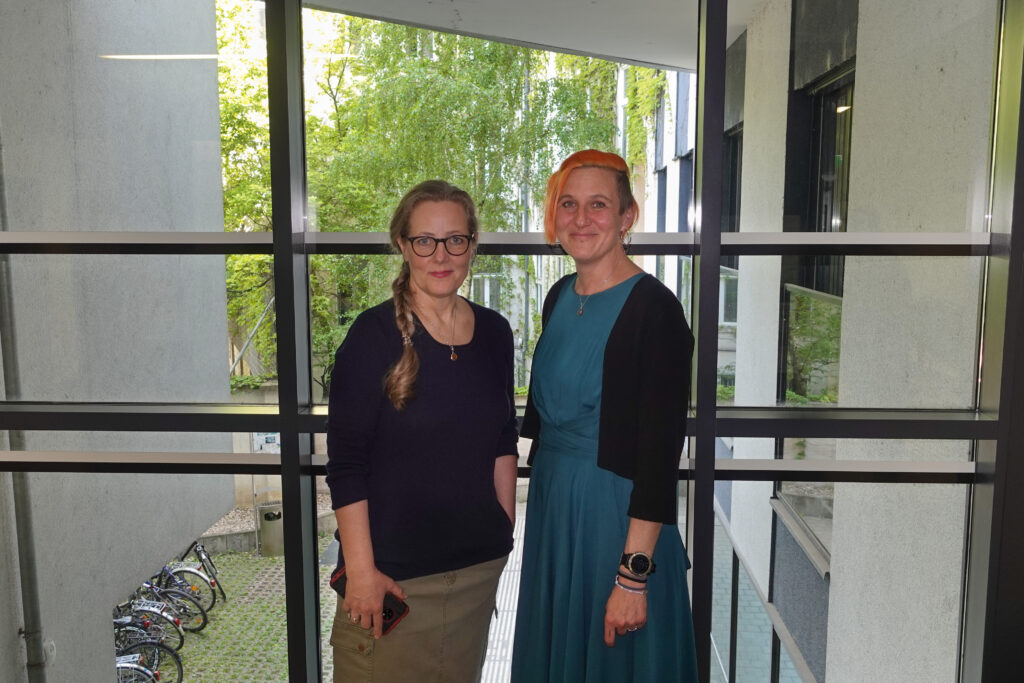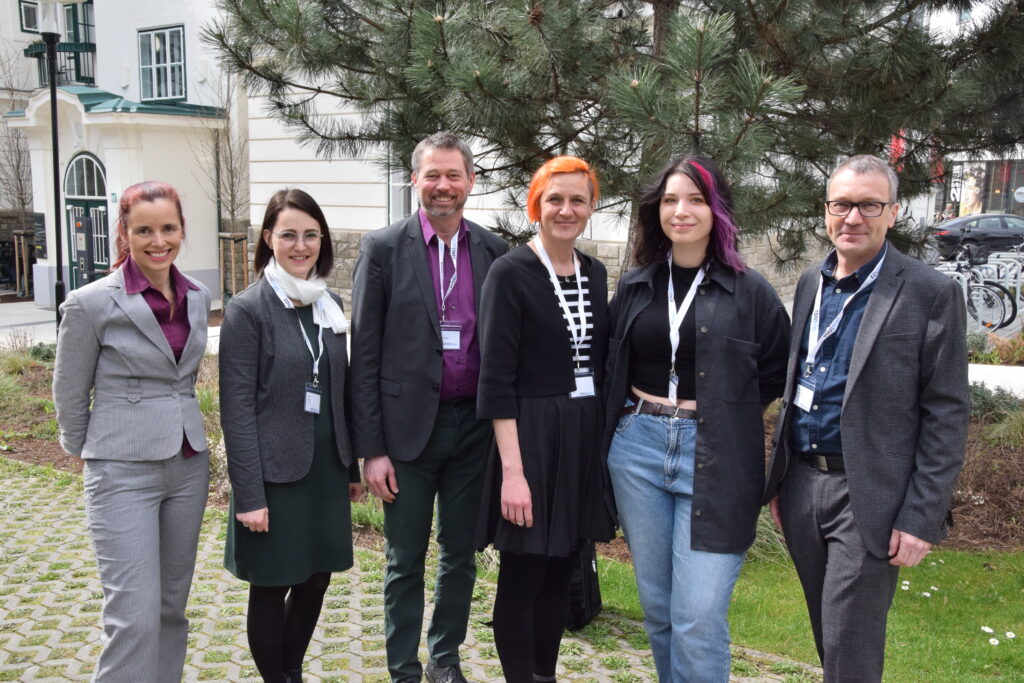Doctoral candidate: Mag. Martina Spitaler, BEd (University College of Teacher Education Lower Austria)
Supervisors:
- Univ.-Prof. Dr. Fares Kayali (University of Vienna, dig!doc Consortium)
- HS-Prof. Dr. Gerhard Brandhofer (University College of Teacher Education Lower Austria, dig!doc Consortium)
- Ass.-Prof.in Dr.in Elke Höfler (University of Graz)
Description of the project:
The goal of the project “Digitale Kompetenzen von Schüler*innen in der Sekundarstufe 1 – Analyse des nachhaltigen Erwerbs digitaler Kompetenzen und dessen Förderung im Spannungsfeld zwischen dem Pflichtgegenstand Digitale Grundbildung und der Integration in andere Gegenstände in Österreich” is to arrive at a sophisticated understanding of the development and fostering of digital competences in the compulsory subject of Basic Digital Education (BDE) as well as integratively in other subjects – and to derive a model of sustainable competence development based on this understanding.
To this end, the subject is to be viewed from different perspectives:
Concerning the students’ view, the actual competences developed in BDE and interdisciplinarily and the extent to which they are mastered will be investigated. Additionally, students’ perceptions and evaluations of these competence development strategies will be collected. A central focus lies on the question of which digital competences they themsleves believe to be particularly important and which support measures they’d wish to have.
The teachers’ perspective is focussed on which digital competences they explicitly foster in their teaching – again in BDE itself as well as integratively in other subjects. The question how the competence development in students is designed is central here. Further, the value teachers give the fostering of digital competence will be shed light on as well.
Based on insights from both perspectives, a triangulation aiming to develop a practice-oriented model for fostering digital competences will be performed. This model should showcase how digital competence development can be systematically and effectively designed in the compulsory subject BDE as well as integratively in other subjects.
The DigComp 2.3 AT (Nárosy et al., 2022), which itself is based on the DigComp-Framework DigComp 2.2 (Vuorikari et al., 2022), forms the theoretical framework for modelling digital competences. The Frankfurt-Dreieck (Brinda et al., 2020) as an interdisciplinary model for education in a digitally connected world is forms the frame of orientation for the holistic investigation of digital phenomenons and artefacts.
News on the topic:
- Annual General Meeting of the DSE

- Review: International Symposium “Computer Science Education – By Humans, for Humans”

- April 2025’s Faculty-Open Presentations at the Doctoral School in Education

- EDU|days 2025 – Shaping the future: New Perspectives on Teaching and Learning in the Age of Artificial Intelligence

